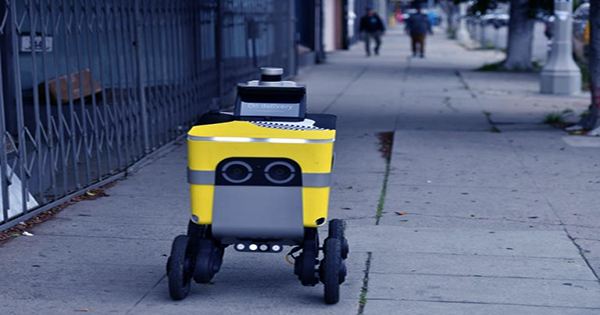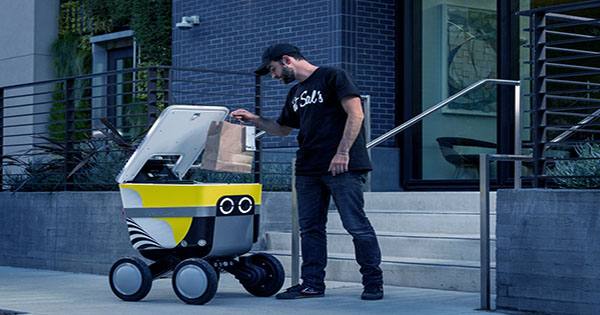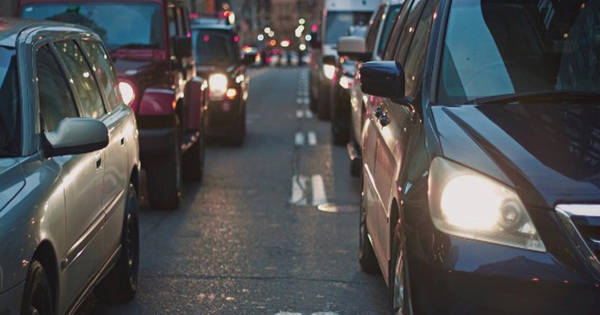Grocery giant Albertson has launched a pilot program owned by companies Safeway and Jewel-Oscar that will test grocery delivery using a remote-controlled delivery robot built by Silicon Valley startup Tortoise. The pilot will embark on two Safeway in Northern California, although if the tortoise’s co-founder and president, Dmitry Shevelenko, succeeds, he hopes the pilot will be able to scale to other stores across the state and possibly the West Coast.
Safeway-branded delivery carts equipped with turtle sensors and software will be able to deliver products to customers up to three miles from the store location. Remote-control operators located thousands of miles away will deliver the delivery cart to its destination. Delivery carts, which can hold 120 pounds of groceries in four lockable containers, will initially have a human escort. Once the pilot is established, the goal is to remove additional guides. After the delivery cart arrives, the customer comes out and receives a text to collect their groceries.

Pilots are the latest example of large retailers adopting technology to get products faster to customers. Amazon, Kroger, and Walmart are just a few of the companies that are experimenting with delivery robots and using autonomous vehicles to shuttle products to customers or within its distribution network. “Our team is passionate about using new and disruptive technologies that could bring even greater benefits to our customers,” EVP and Chief Customer and Digital Officer Chris Rupp said in a statement. “We look forward to testing, learning and implementing the winning innovations soon which will ensure that we provide the easiest and most convenient shopping experience in the entire industry.”
The deal moved the turtles to the supply cart, a business practice that began less than a year ago. “The idea didn’t hit us until April,” Shevelenko said in a recent interview, adding that the first delivery cart launched in Los Angeles in late October.
The tortoise started by equipping electric scooters with cameras, electronics and firmware that allow teleoperators to drive electric scooters and bikes to remote locations or return them to their proper parking spots. Last spring, as the COVID-19 epidemic increased demand for supplies, Turtle adapted its technology to a vehicle that could shut down groceries. “I thought about [Amazon] Prime, after that everyone expected a two-day delivery, and seven days felt like a lifetime.”
The expectation now seems to be two days of life instead of the same day delivery, he added. Turtle initially focused on nearby stores and specialty brand stores by collaborating with an online grocery platform. Chevrolet’s strategy is to land deals with large retailers while continuing to collaborate with online trading platforms, allowing it to reach smaller, distinct stores.















